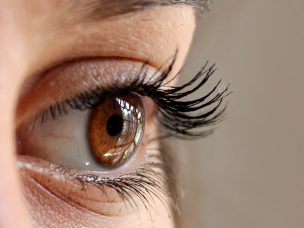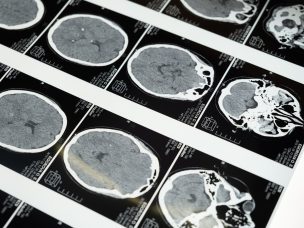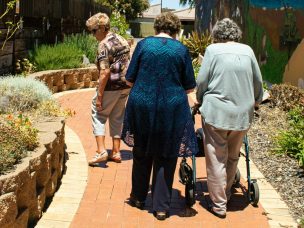Neurology
Initial Symptoms Could Predict How Fast Alzheimer's Progresses
Key Takeaways Memory loss is the most common early symptom of Alzheimer’s and dementia, but it doesn’t necessarily signal a rapid decline People whose earliest symptoms involve language, decision making or problem solving tend to have a faster and steeper decline in their brain function and quality of life, a new study found The results...
Multiple Sclerosis Disease Personification: Understanding Its Effects
This study provides an analysis of how disease personification affects outcomes over time in patients with multiple sclerosis. Many patients with chronic illness ascribe human characteristics to their conditions. According to illness personification theory, this ascription can impact their adaptation and the way that they relate to their illness, with various possible methods ranging from...
Outcome Disparities Between Black and White Patients With MS
Outcomes for patients with MS vary depending on their race. This article analyzes why this is, and provides an analysis that accounts for various sociodemographic factors. Among populations that deal with multiple sclerosis (MS), differences in outcomes vary by race in ways that are not fully understood. This article, published in Multiple Sclerosis and Related...
Elevated dsDNA in Patients with NMOSD
The role of dsDNA in the cerebrospinal fluid of patients with NMOSD is not fully understood, but researchers have found that the levels are higher in this population. Neuromyelitis optica spectrum disorder (NMOSD) causes inflammation in the central nervous system and results in severe myelitis and optic neuritis. Double-stranded DNA (dsDNA) has been found to...
Brain Age Gap in NMOSD Patients Compared to Healthy Controls
Machine learning-based brain age calculations were found to be significantly predictive biomarkers in patients with NMOSD and RRMS. Neuroimaging-based “brain age” is a commonly used biomarker for quantifying the progress of both brain disease and aging [1]. Biological brain age is usually estimated by using various approaches for interpreting magnetic resonance imaging (MRI) data. There...
The Subjective Experience of Spasticity in Patients with Multiple Sclerosis
This study focuses on the unique subjective experience of spasticity in patients with MS in order to give clinicians and nurses additional insights into how to support patients dealing with this frustrating symptom. Spasticity is one of the central symptoms experienced by individuals with multiple sclerosis (MS) and is a cause of increased disability. Spasticity...
Types of Anxiety in People with Multiple Sclerosis
Patients with multiple sclerosis can experience various mental health difficulties, and this study focuses specifically on the prevalence of anxiety in this population. Among patients with multiple sclerosis (MS), anxiety represents one of the most common psychological symptoms and can impact both overall disease burden and quality of life. The psychopathological feature of anxiety can...
Comparing Rituximab Efficacy in Patients with NMOSD and MOGAD
Rituximab shows promising effects in patients with NMOSD, but is less effective in patients with MOGAD. The efficacy of rituximab in patients with myelin oligodendrocyte glycoprotein antibody-associated disorders (MOGADs) is not fully understood but has been shown to be relatively greater for aquaporin-4-IgG-positive neuromyelitis optica spectrum disorders (AQP4-IgG+NMOSDs). This study, published in the Journal of...
Non-Immune Comorbidities in Patients With NMOSD
Patients with NMOSD who have non-immune-related comorbidities face unique challenges in their treatment. This study examined their demographics and risk factors. Among patients with neuromyelitis optica spectrum disorders (NMOSD), those with comorbidities may have unique clinical features, prognoses, and treatment outcomes. Comorbidities may affect various systems of the body, and this study, published in the...
More Medical News














